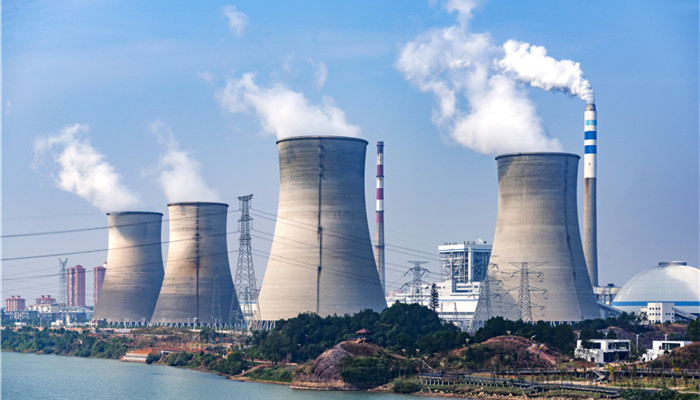
The demand for alkali residue treatment continues to rise. The development of comprehensive utilization technology of alkali residue is the main way for the future development of the industry.
Alkali residue, also known as alkali white mud, refers to the alkaline waste residue discharged during industrial alkali production and alkali treatment. Specifically, it is generated during the roasting and precipitation of raw materials such as calcium oxide and sodium chloride during the ammonia-alkali process. The main ingredients are by-products such as calcium carbonate, calcium sulfate, calcium chloride, and sulfur dioxide.
Soda ash is an important chemical raw material and is known as the “Mother of Chemical Industry”. It is widely used in glass, chemical industry, metallurgy, textile, papermaking and other fields. Currently, driven by the rapid development of its application fields, my country’s soda ash market demand is relatively strong. At present, the industrial alkali production methods mainly include three categories: natural alkali production, ammonia alkali production and combined alkali production. Among them, the ammonia-alkali method and the combined alkali method are the mainstream technologies for domestic industrial alkali production.
Alkali production by ammonia-alkali method refers to the method of producing soda ash using salt, limestone and ammonia as raw materials. For every 1 ton of soda ash produced, about 300kg of alkali residue will be produced. Currently, in the context of the increasing domestic soda ash production, as one of its main by-products The amount of alkali residue generated is also relatively large. According to data from the National Bureau of Statistics, national soda ash production in 2021 will be 29.133 million tons, a year-on-year increase of 3.4%. Against this background, my country’s alkali slag production will be approximately 8.627 million tons in 2021, a year-on-year increase of 3.8%. The huge alkali slag production has led to an increasing demand for domestic alkali slag treatment.
According to the“China Alkali Slag Treatment Market Feasibility Research Report 2023-2027” released by the Industrial Research Center, currently domestic alkali slag Treatment methods mainly include direct treatment methods based on incineration and accumulation, neutralization methods based on sulfuric acid or CO2 neutralization, wet air oxidation (WAO), chemical oxidation methods, desulfurization treatment methods, immobilized microbial methods, etc.
Among them, the direct treatment method is still the main method for domestic alkali residue treatment. However, this method has shortcomings such as serious pollution, low utilization rate, and high probability of land salinization. It is no longer suitable for the current green and environmentally friendly development trend of the chemical industry; at the same time, Other methods also have problems such as high costs, low returns, low processing capacity, and difficulty in industrialization. Therefore, the development of more efficient and environmentally friendly alkali slag treatment methods that adapt to the development of the domestic market has become an urgent need for the development of the domestic alkali slag treatment industry.
In February 2022, the “Implementation Plan on Accelerating the Comprehensive Utilization of Industrial Resources” issued by the state proposed to explore the efficient and comprehensive utilization technology of alkali slag, actively promote the efficient and comprehensive utilization of gasification slag, increase the development of large-scale utilization technology and equipment, and build A batch of high-efficiency utilization projects such as the production of cementitious materials from gasified slag. In the future, with continued favorable policies, my country’s alkali slag treatment industry is expected to usher in a stage of rapid development.
Industrial analysis personnel said that accelerating the development of comprehensive utilization technology of alkali slag is to promote the development of the domestic alkali slag treatment industry main method. Alkali slag contains a large amount of silica and can be used to make construction engineering materials such as cement, bricks, and alkali slag. Alkali slag has colloidal properties and can be used to produce cementitious materials. Alkali slag is an alkaline substance and can be used in and soil pH; alkali residue contains a large amount of activated calcium ions and can be used to make plant compound fertilizer. Alkali slag treatment has a wide range of application fields, but there are currently no large-scale application projects. The development of the industry is still restricted by technical issues. In the future, the domestic alkali slag treatment industry still needs to accelerate the technology research and development process, and the industry has huge room for growth.

 微信扫一扫打赏
微信扫一扫打赏

